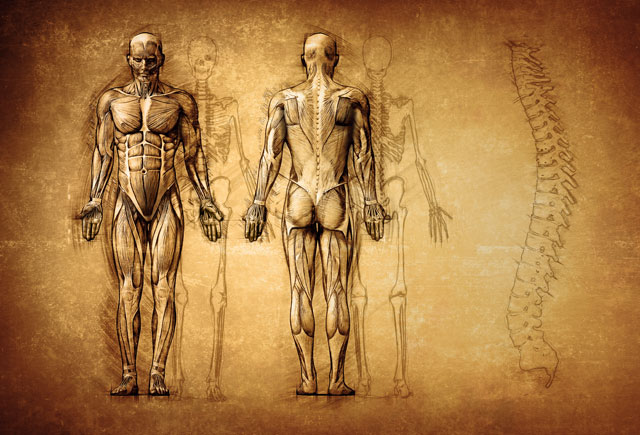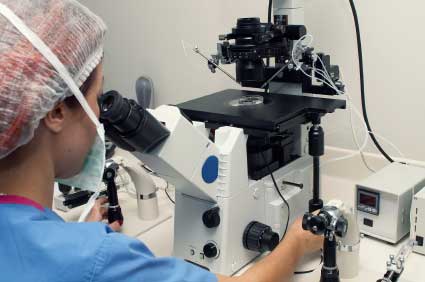Course Description
For many centuries, scientists generally held the belief that the Universe was truly infinite--it had neither a beginning nor an end. The question of how our Universe began is one of the fundamental questions that all peoples of all cultures have wondered for millennia. Although much of what we know today is still regarded as speculation, scientists and astrophysicists have made significant discoveries in the last century that have given us a much clearer view of the Universe's history. While these discoveries have led us to better understand our origins, they have also prompted us to pose even deeper questions. This is the very nature of science and cosmology, the study of the Universe. Our understanding of the physical world around us, and indeed the Universe itself, is constantly expanding.
This course will explore the very beginnings of our Universe and examine its fundamental components. We will explore the formation and basic elements of our own solar system, and we will reach out from there--deep into the darkness to explore the sometimes exotic and always fascinating elements of space.
We will also peer into other worlds in search of life on other planets, and we will learn about the exciting discoveries that have been made throughout the centuries by some of our greatest thinkers.
- Completely Online
- Self-Paced
- 6 Months to Complete
- 24/7 Availability
- Start Anytime
- PC & Mac Compatible
- Android & iOS Friendly
- Accredited CEUs

Learning Outcomes
By successfully completing this course, students will be able to:
- Describe our sun and other stars.
- Describe the moon.
- Describe the inner and outer planets.
- Describe the asteroid belt, the kuiper belt, and pluto.
- Describe the constellations, nebulas, and meteors.
- Describe black holes, gamma-ray bursts, neutrinos, and other phenomena in the universe.
- Describe comets.
- Summarize the history of knowledge about the universe.
- Describe space exploration, the international space station, and the hubble space telescope.
- Describe exoplanets and extraterrestrial life.
- Demonstrate mastery of lesson content at levels of 70% or higher.
Assessment Guide
| Assessment | Points |
|---|---|
| An Introduction | 5 points |
| Lesson 1 : In the Beginning…The Big Bang | 10 points |
| Lesson 2 Assignment | 25 points |
| Lesson 2 : Our Sun and Other Stars | 10 points |
| Lesson 3 Assignment | 25 points |
| Lesson 3 : The Moon | 10 points |
| Lesson 4 : The Inner Planets | 10 points |
| Lesson 5 Assignment | 25 points |
| Lesson 5 : The Outer Planets | 10 points |
| Lesson 6 : The Asteroid Belt, the Kuiper Belt, and Pluto | 10 points |
| Lesson 7 Assignment | 25 points |
| Lesson 7 : The Constellations, Nebulas, and Meteors | 10 points |
| Lesson 8 : Global Warming | 10 points |
| Lesson 9 Assignment | 25 points |
| Lesson 9 : Black Holes, Gamma-Ray Bursts, Neutrinos, and Other Phenomena in the Universe | 10 points |
| Lesson 10 : Comets | 9 points |
| Lesson 11 : The History of Knowledge About the Universe | 10 points |
| Lesson 12 Assignment | 30 points |
| Lesson 12 : Space Exploration, the International Space Station, and the Hubble Space Telescope | 9 points |
| Lesson 13 Assignment | 20 points |
| Lesson 13 : Exoplanets and Extraterrestrial Life | 10 points |
| The Final Exam - History of the Universe | 325 points |










